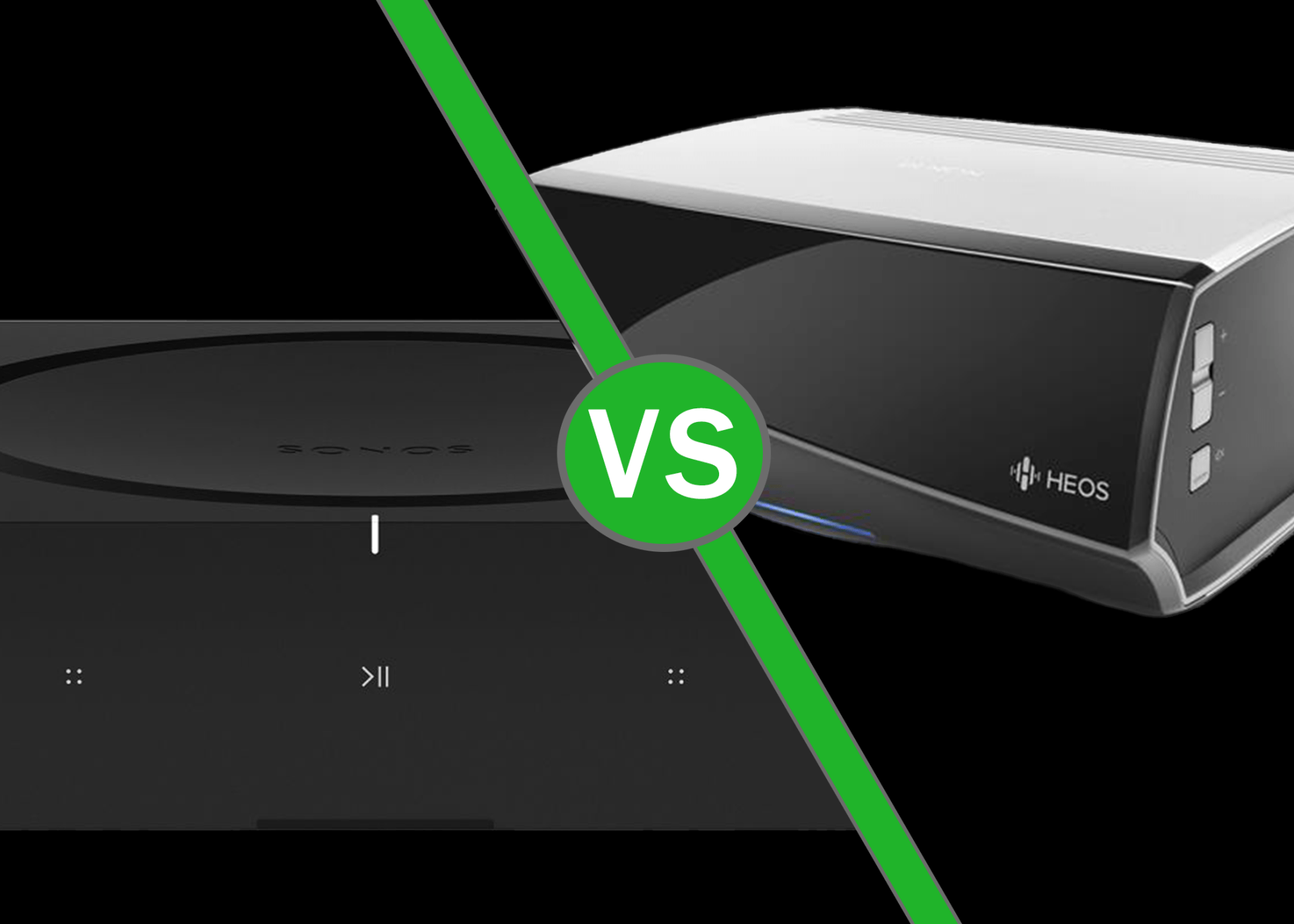What is the difference between eero and Google mesh networks?
December 19, 2022
What is the difference between eero and Google mesh networks?
If you're in the market for a new Wi-Fi router and access points, you may be wondering if an Eero or Google Mesh router is right for you. Both routers have their pros and cons, and it can be difficult to decide which one is best for your needs. In this blog post, we will compare the two routers and help you decide which one is right for you.
When considering which router to purchase, it’s important to look at the features and performance of each. Eero Wi-Fi systems come with a variety of features designed to make your network as fast and secure as possible. They offer dual-band 802.11ac connections that are capable of up to 3Gbps speeds, and their mesh networks provide coverage for up to 5,000 square feet. Eero also offers seamless roaming between access points, allowing you to move around your home without losing signal strength. Additionally, they offer robust security features such as password-protected guest networks and parental control settings.
Google Mesh routers are designed with simplicity in mind. They use 802.11ac Wi-Fi technology for speeds up to 2.2Gbps, and their mesh networks cover up to 4,500 square feet. Unlike Eero’s system, Google Mesh doesn’t offer seamless roaming between access points. However, it does have an intelligent QoS (Quality of Service) feature that prioritizes traffic based on importance, ensuring that important tasks such as streaming and gaming have the best possible connection. Google Mesh also offers simple-to-use parental controls and password protection for guests.
When comparing Eero vs. Google Mesh routers in terms of performance, both offer excellent speeds and coverage for their respective networks. However, if you need more robust features such as seamless roaming, Eero is the better choice. If you’re looking for a more basic router with less-complicated features, then Google Mesh may be the right option for you. Regardless of which router you choose, both will provide excellent performance and coverage.
Ultimately, choosing between Eero vs. Google Mesh routers comes down to your personal needs and preferences. Both offer excellent features and performance, so you can’t go wrong with either one. Consider your budget, the size of your home, and the types of activities you plan to do online when making your decision. With this information in mind, you should be able to find the router that best suits your needs. Good luck!

How long will it take to install a home automation system? An hour, a day, a week, so many factors influence the length of time it takes to install home automation, there's no easy answer to that question. We can, however, give you a pretty accurate estimate after working with you to examine some of the many considerations that go into planning a home automation solution.

As with any home improvement, there comes a time when you need to repair, replace, or upgrade it, and motorized exterior shades are no exception. In many cases, a repair can be made for a broken motor or cable, but those smaller issues are often symptoms of additional problems to come. Here are some signs it's time to replace your shades.

When something works really well, most of us tend to simply forget about it, with plenty of other things to occupy our attention. A good Wi-Fi network is just like that - reliable and fast, and taken for granted until an issue arises. Most of the time, any problems are the result of interruptions in the incoming signal from your internet service provider. Sometimes, however, the time may have come to replace outdated or failing equipment.

Any barrier between you and the outside world will reduce incoming noise, and noise absorbing elements can help, too. How much noise is blocked depends primarily on the material blocking it. Walls, especially thick, well-insulated walls do a great job, as do soft materials such as fabrics, carpets, and upholstery which can help to absorb what does come through.

Dallas and the surrounding area is one of the windiest metro areas in the country, and if you've been in Texas long at all, you know how quickly weather can change and heavy rain, wind, and hail can blow in out of seemingly clear skies. While you surely take regular precautions to prevent damage to your home, you may wonder what you should do to protect your exterior motorized shades from damage when stormy weather arrives.

Most of us don't think much about the kinds of Wi-Fi networks we connect to, caring only that there's a data connection. If you're considering an upgrade of your home or office network, or want to add home automation, it helps to know a little about the different kinds of Wi-Fi networks. In general, they can be distinguished by several characteristics: network structure, strength, and security.





